/prod01/university-of-lincoln-cdn-pxl/media/responsive2017/lincolninternationalbusinessschool/unescochair/UNESCO,Chair,Hero,03,(no,title).png )
Current UNESCO Chair Programmes
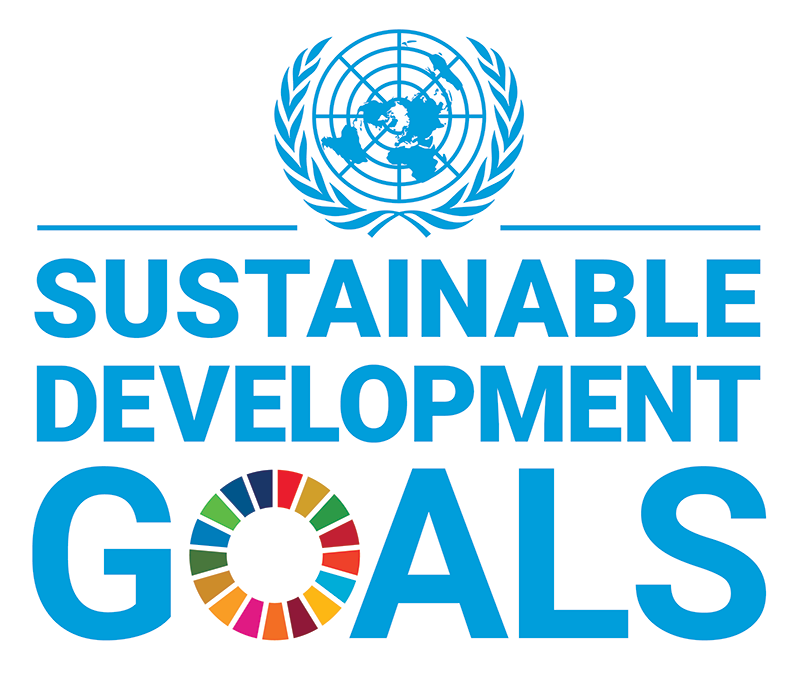
Our Approach: addressing global challenges from local realities
Our programmes are research-based in collaboration with partners. They address UN Sustainable Development Goals and aim to influence anticipatory processes and capacity in research and education as well as in policy and practice, depending on the specific project and stakeholders.
-
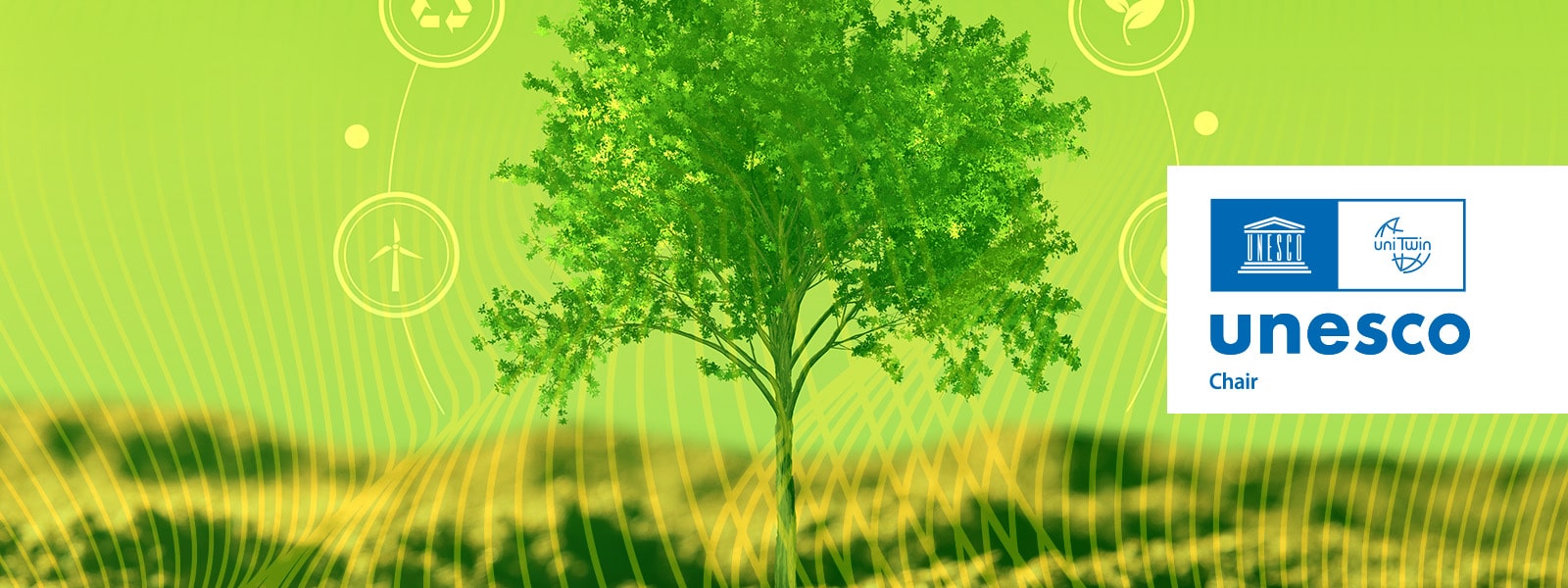
Responsible Futures
Responsible Futures is the umbrella research programme for the Chair. Its purpose is to introduce appropriate methodologies and narratives as a resource for research, education and capacity building in multiple contexts and with a range of partners.
-
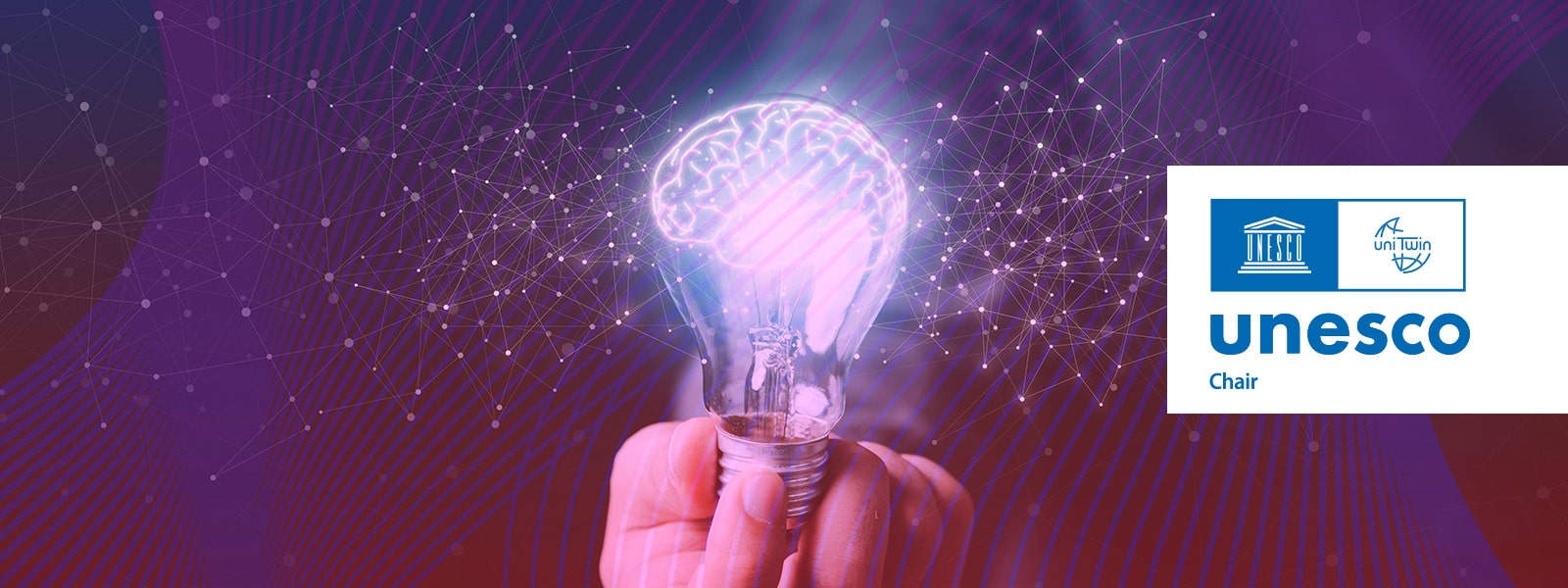
Futures of Responsible Entrepreneurship and Innovation
Entrepreneurship is a future-creating practice that demonstrates the power and value of human agency. This programme is concerned with the ways that entrepreneurship and innovation are shaping sustainable and responsible futures, and how the necessary skills and values can be developed.
-
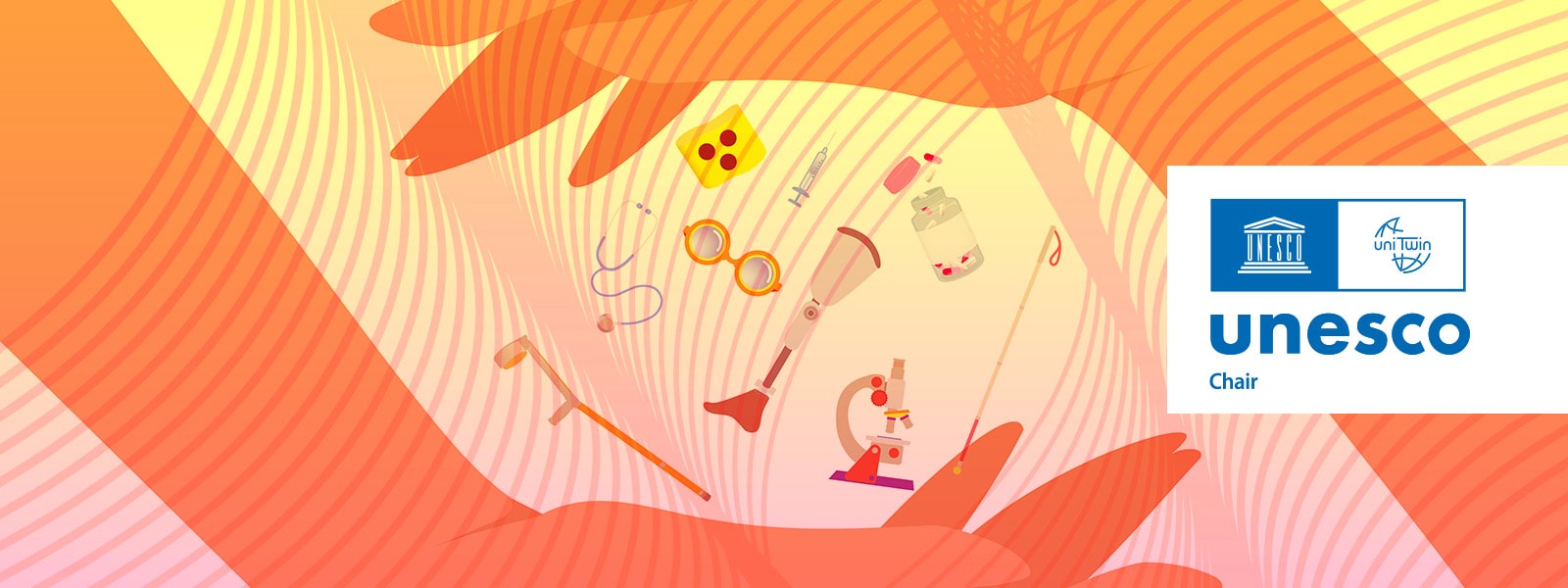
Gender Pathways for the Future
Equality is a fundamental right, whether, for example, ethnic, gender or generational, means, among other things, equal stakes in the future and the benefits of future value.
-
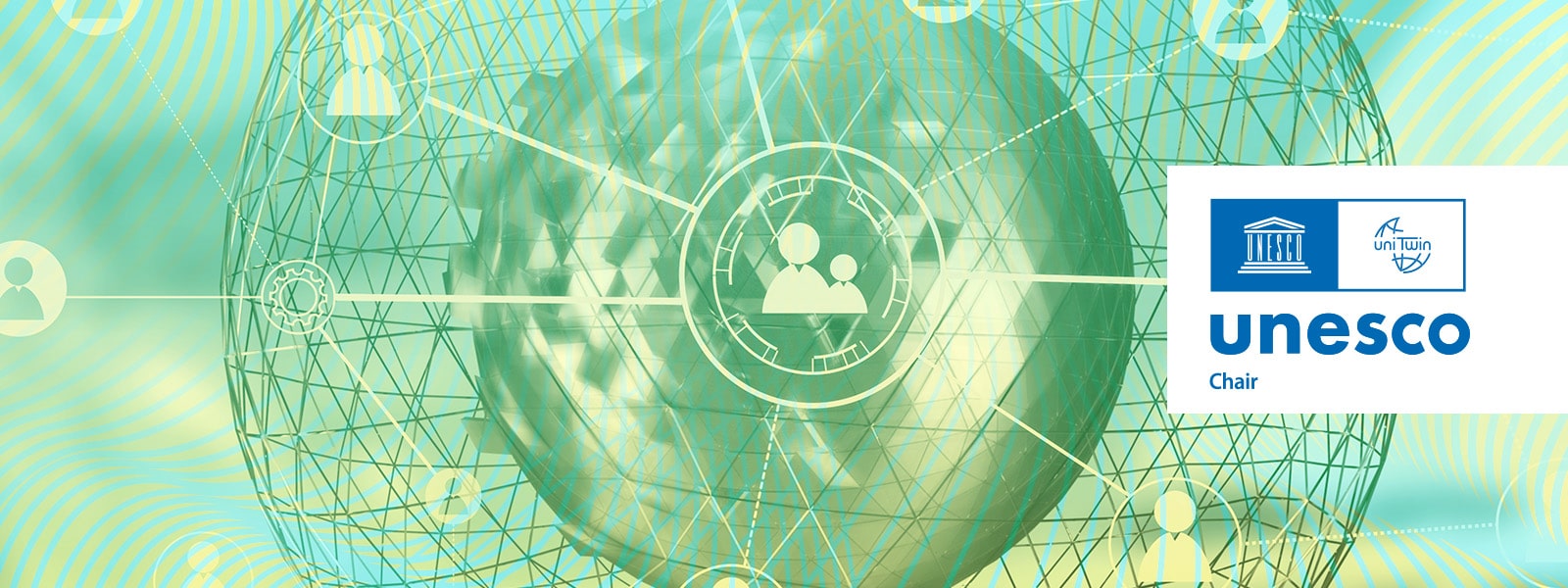
Institutions for Future Development
This work area contributes research and new knowledge to the understanding and development of stronger institutions and governance for sustainable development.
-
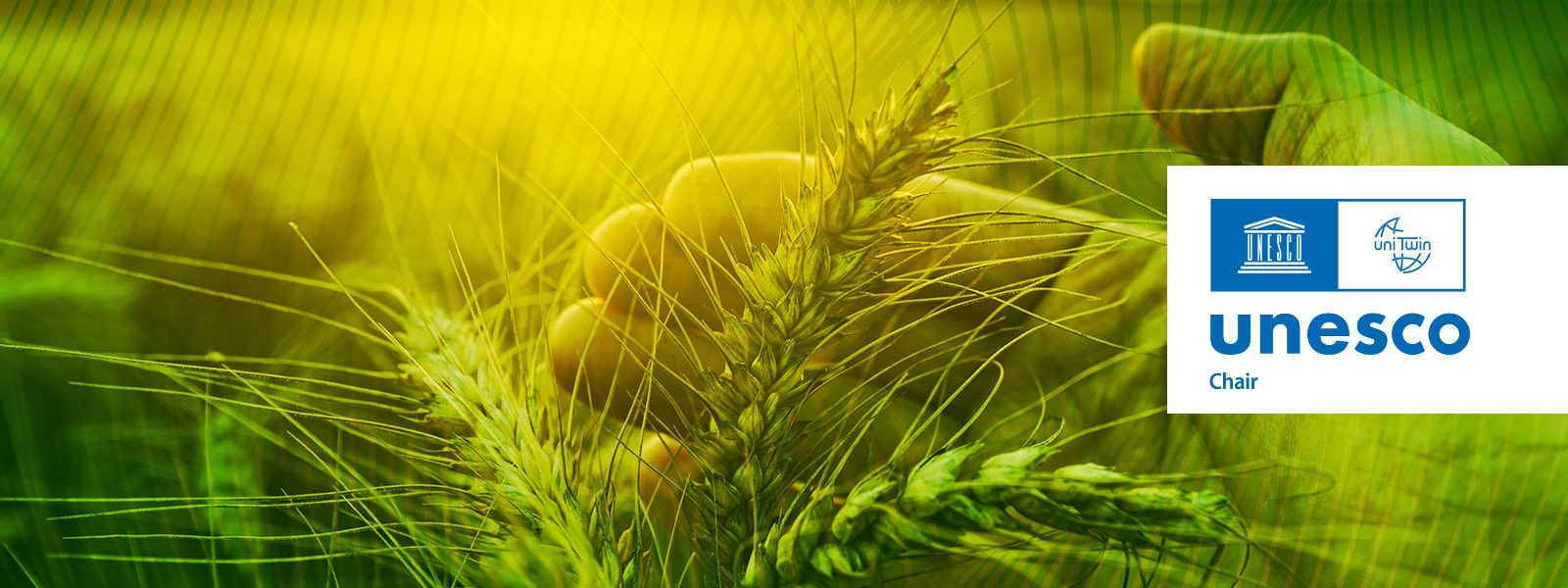
Sustainable Food Futures
The futures of food and of food security are central to sustainable development and equality. What and how we consume makes big differences to greenhouse gas emissions, to the availability of food and on humanity's capacity to produce good quality food for all.
-
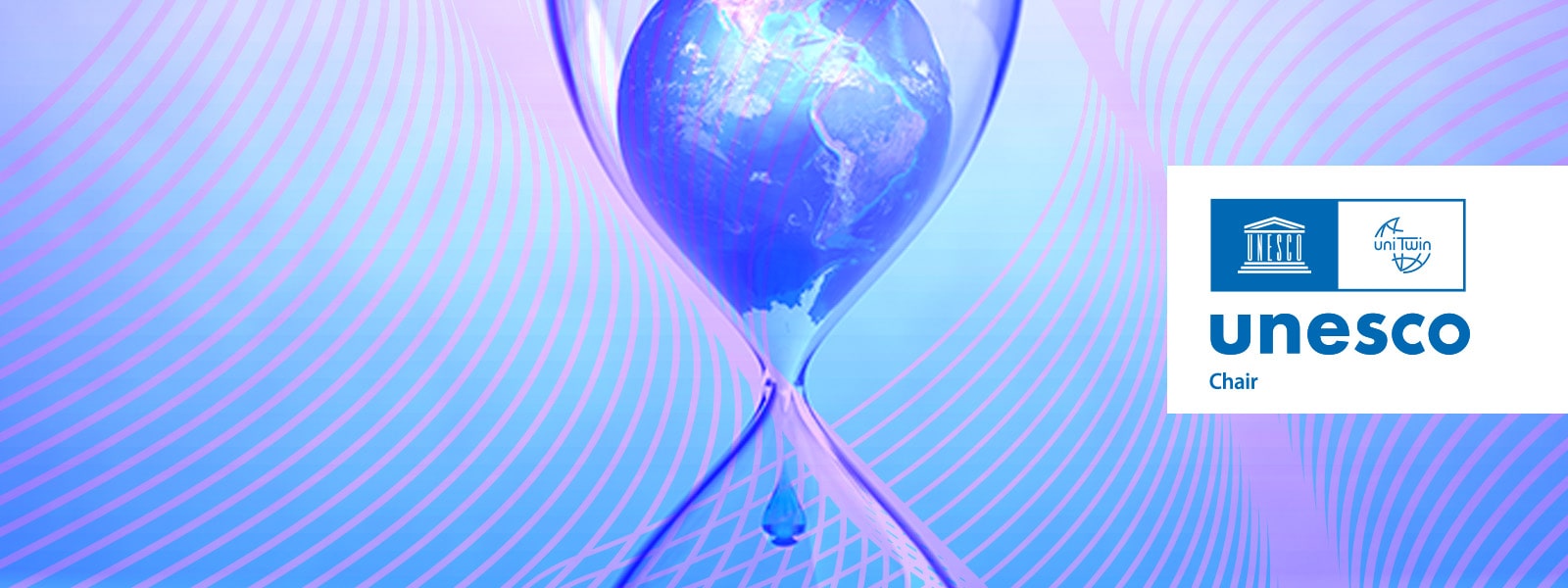
Climate Futures
In many respects, the issue of climate change and “net-zero” ambitions, is, or should be, an ever-present issue throughout all “sustainability” thinking and actions, as it represents an existential risk to humanity.
The designations employed and the presentation of material throughout this publication do not imply the expression of any opinion whatsoever on the part of UNESCO concerning the legal status of any country, territory, city or area or of its authorities, or concerning the delimitation of its frontiers or boundaries.
The ideas and opinions expressed in this publication are those of the authors; they are not necessarily those of UNESCO and do not commit the Organization.
Connect with Us
Lincoln International Business School
University of Lincoln
Brayford Pool Campus
Lincoln
LN5 7AT